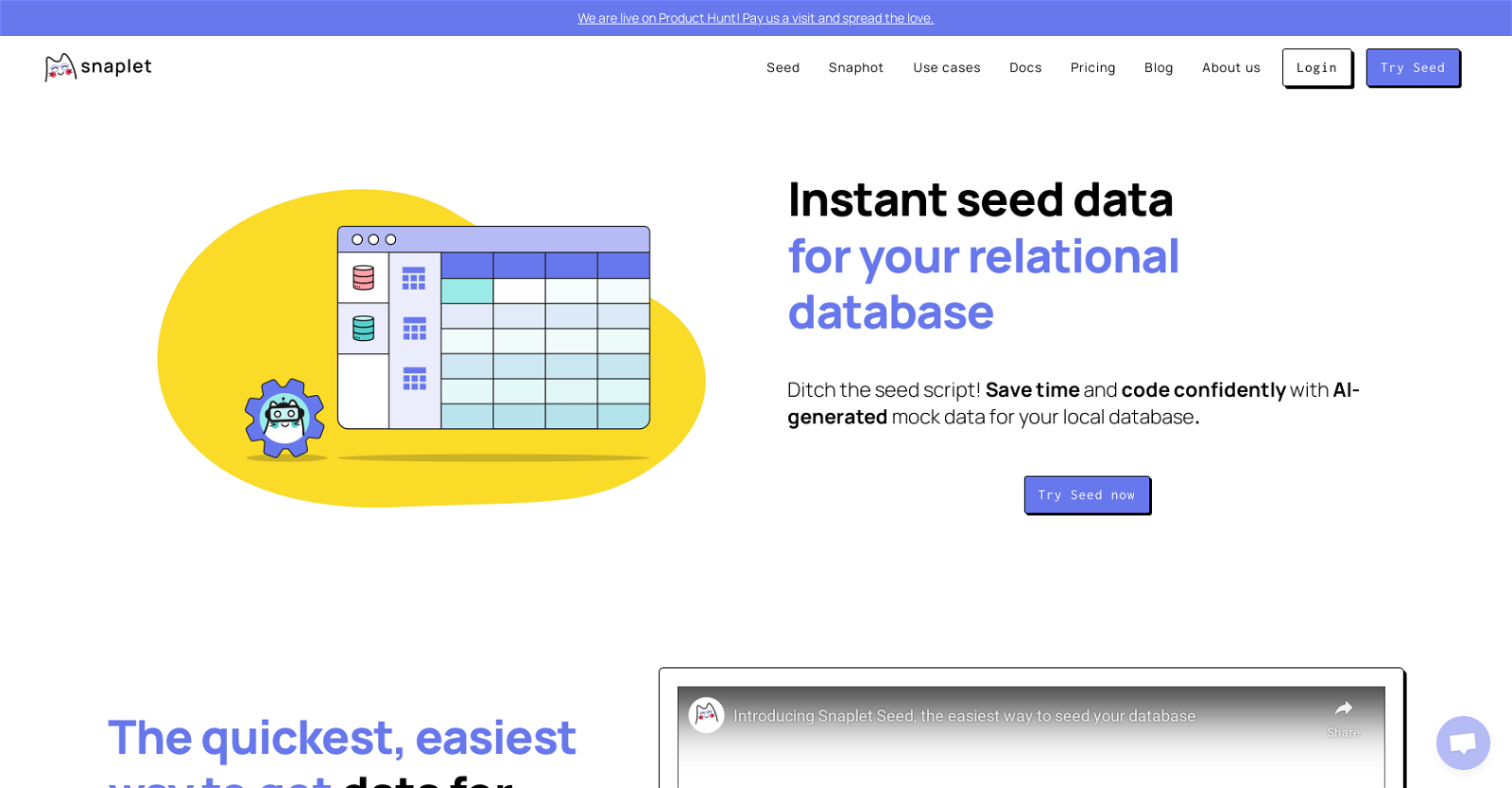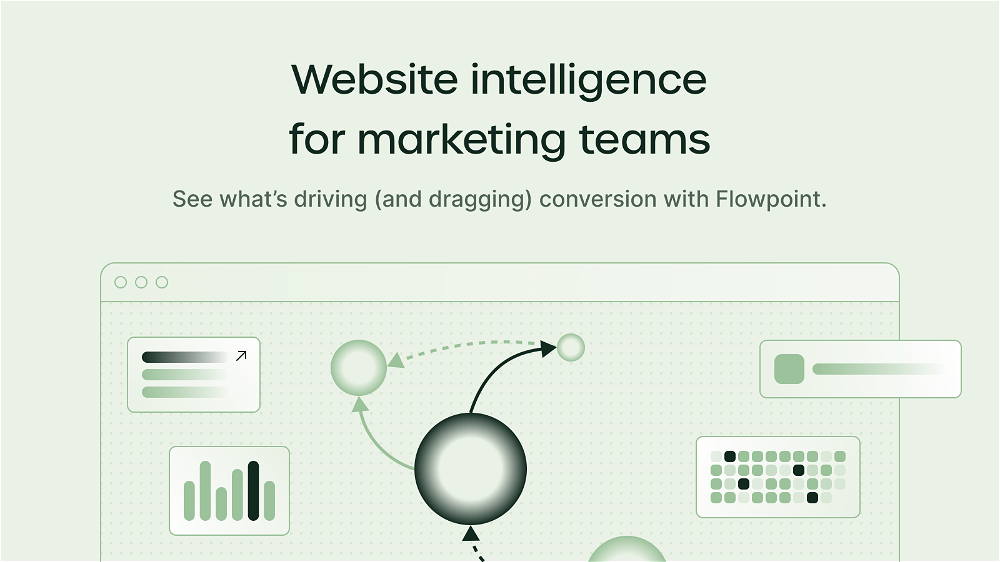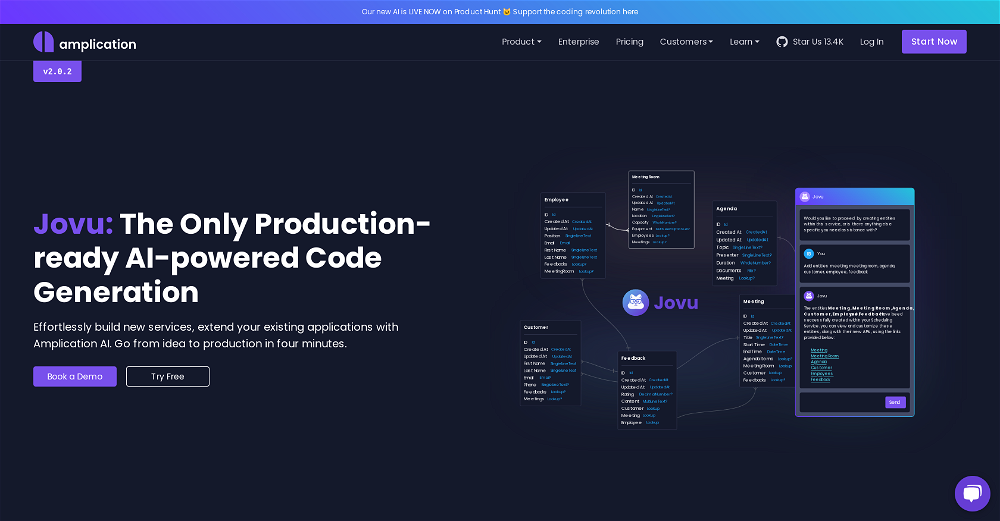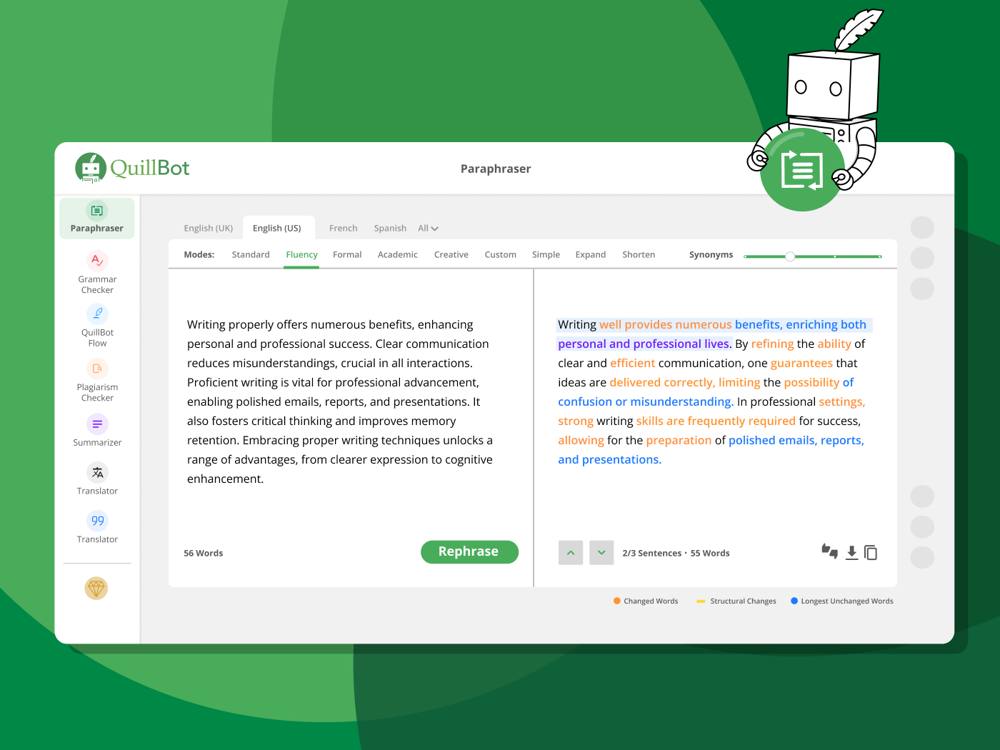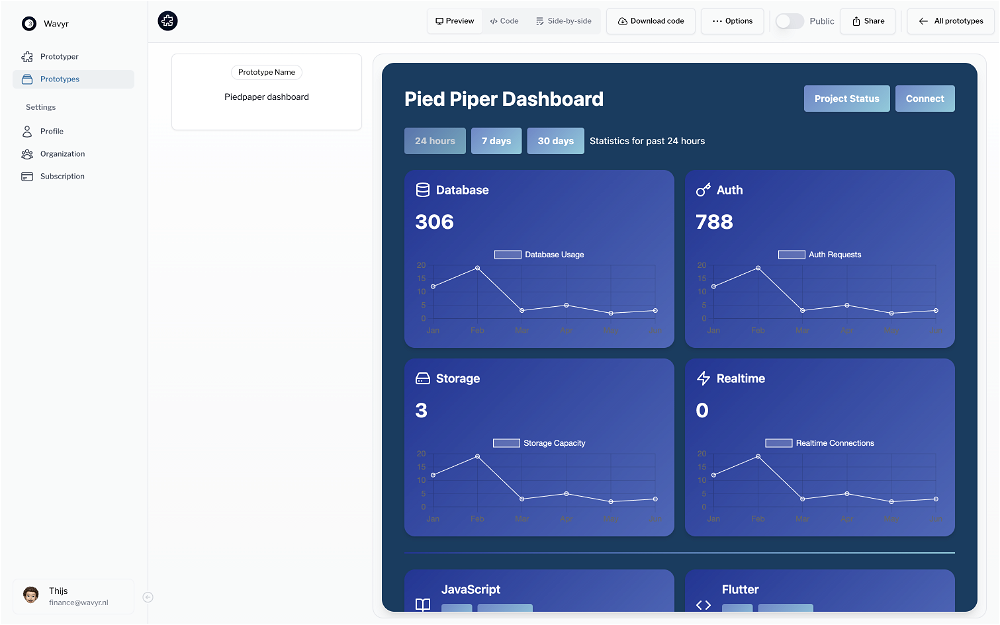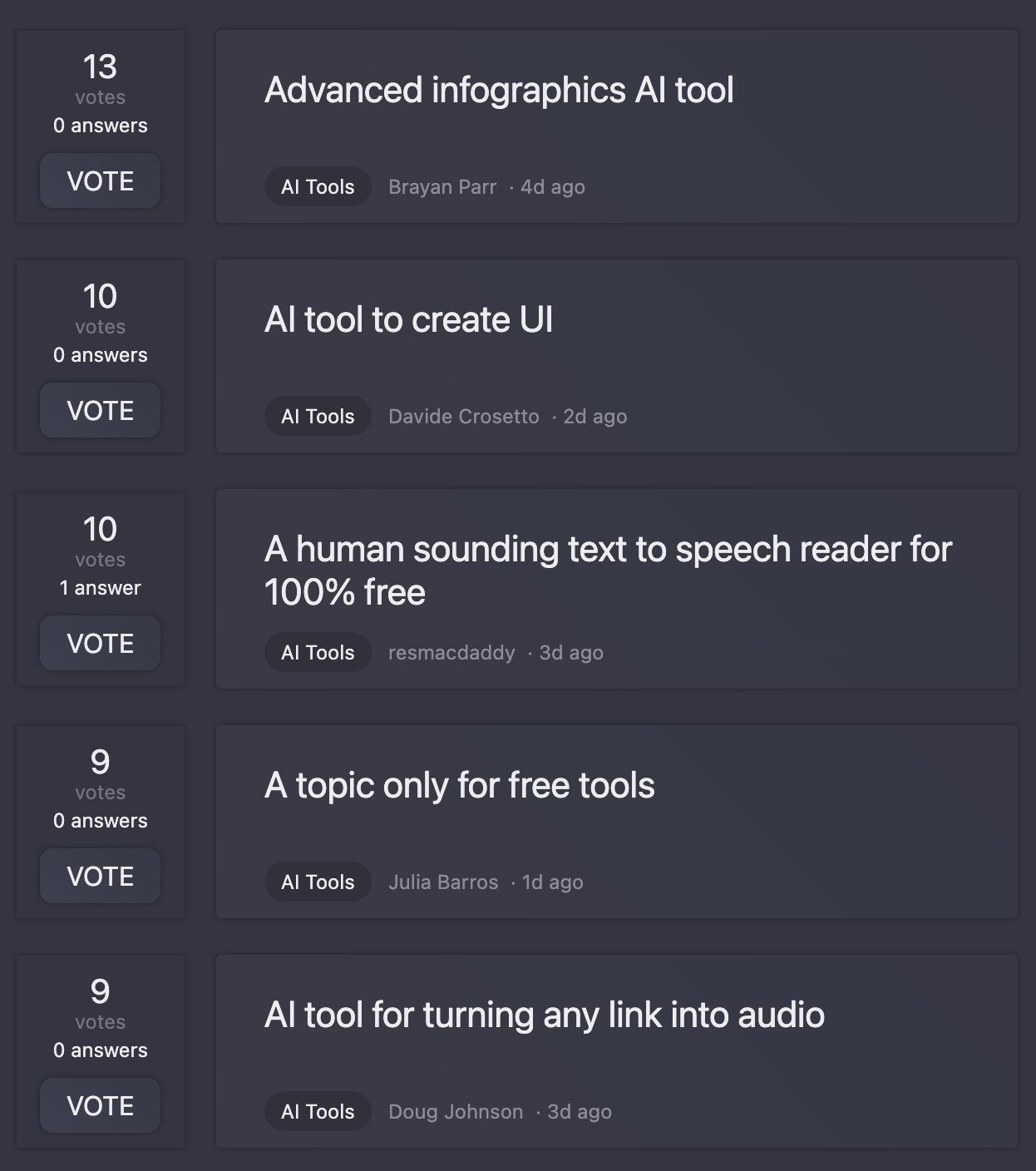What is Snaplet?
Snaplet is a sophisticated AI-designed tool set out to instantly create seed data for relational databases. It aims to heighten productivity, precision, and certainty by granting developers access to production-like data. This allows them to program, debug, and test with greater confidence. Considerably, Snaplet is built to suit various usage scenarios such as local coding, end-to-end testing, and debugging.
What are the key features of Snaplet?
Snaplet's distinctive features include AI-produced mock data suitable for local database use, seamless integration into a user's development workflow, and versatile applicability in various circumstances such as coding locally, end-to-end testing, and debugging. Additionally, Snaplet supports type-safety, and is flexible enough to update values and relationships as your data evolves. The tool also ensures the safety and integrity of sensitive data by automatically converting personally identifiable information while retaining the relationships to seed your database.
How does Snaplet generate seed data for relational databases?
Snaplet can generate seed data by employing AI to create production-like mock data. This AI-based approach enables developers to handle data-dependent bugs with custom data that closely resembles real production data. Snaplet securely transforms sensitive information while preserving the relationships needed to populate your database, creating a seamless seeding experience.
How can Snaplet enhance efficiency and accuracy in coding, debugging, and testing?
Snaplet boosts efficiency and accuracy by offering developers realistic, production-like data sets for coding, debugging, and testing. By providing relevant, AI-generated data, Snaplet allows developers to catch data-dependent bugs using production-like data, reducing errors. Its flexibility enables adaptation as data requirements evolve, ensuring type-safety and accurate representation of the original data.
What makes Snaplet's AI-generated mock data ideal for local database use?
Snaplet's AI-generated mock data aligns with the structure and relations of real production data, which makes it ideal for local database use. Developers can use Snaplet to create a similar environment to a live one, facilitating accurate testing and debugging. By generating realistic and type-safe data, Snaplet eliminates the need for developers to create test data manually, saving time and reducing errors.
How does Snaplet integrate into development workflows?
Snaplet can easily be incorporated into your development workflows across local machines, CI/CD, and preview settings due to its versatile design. Snaplet gives you the freedom to manage your data in any environment you work in, making it easier and safer to anonymize and 'dump' your production database or generate seed data.
In what use cases can Snaplet be effectively applied?
Snaplet can be effectively utilized in various scenarios including coding locally, end-to-end testing, and debugging. Developers can use Snaplet to generate realistic data that helps replicate data-centric bugs, speeding up debugging processes. Similarly, real-world-like data sets can enhance feature development in local coding environments, reducing errors.
How does Snaplet help replicate data-dependent bugs?
Snaplet facilitates the replication of data-dependent bugs by offering AI generated, production-like data. This enables developers to simulate real-world scenarios in a controlled environment to understand and solve potential issues faster and with greater accuracy.
What measures does Snaplet take to uphold type-safety?
Snaplet upholds type-safety by enabling the use of programming languages such as TypeScript. This ensures the viability of the data and allows developers to define and modify their data effectively. Also, Snaplet can automatically update data values and relationships as the data evolves, thus keeping the data type-safe.
How does Snaplet adapt to data evolvement?
Snaplet accommodates data evolvement by automatically updating the values and relationships of your data as they change. This adaptability allows data sets to stay up-to-date even amidst changing database structures and content.
How does Snaplet uphold integrity and security of sensitive data?
Snaplet ensures the safety and integrity of sensitive data by automatically transforming personally identifiable information while maintaining the necessary relationships for seeding a database. This prevents misuse of sensitive data during the testing or debugging process.
How does Snaplet manage data in different development environments?
Snaplet provides a platform to manage your data effectively in varying development environments. It can be used seamlessly in your development workflow across local machines, end-to-end testing in CI/CD, and preview environments. It offers a safer and simpler way to dump or anonymize production databases or generate seed data.
Is Snaplet compatibile with TypeScript and other programming languages?
Snaplet readily supports TypeScript, enabling users to define and edit their data more efficiently. This compatibility ensures type-safe operations and makes the tool more adaptable to a user's coding style. Although no specific mention is made of other languages, the inbuilt versatility of Snaplet suggests it could be flexible enough to accommodate other languages.
How does Snaplet help in end-to-end testing in CI/CD environments?
Snaplet aids in the process of end-to-end testing in CI/CD environments by providing production-like data. This allows you to perform comprehensive and realistic testing, making it easier to catch bugs and issues before being deployed or reaching production stages.
Why should developers use Snaplet over building data from scratch?
Traditional methods of building data from scratch can be time-consuming and error-prone. Using Snaplet not only saves time but also improves accuracy by providing AI-generated, production-like data. Its ability to simulate data-dependent bugs and automatic updating of data values and relationships as the data evolves further enhances the value it delivers over traditional methods.
How does Snaplet anonymize and 'dump' your production database?
Snaplet provides an easy and safe way to anonymize and 'dump' your production database. It systematically transforms personally identifiable information while maintaining the relationships to seed your database. This ensures that data privacy norms are strictly adhered to while still providing an accurate representation of the original data for effective testing and development.
What is database seeding referred in the context of Snaplet?
Database seeding in the context of Snaplet refers to populating a database with artificial yet realistic data. Snaplet's AI-driven approach generates seed data that resembles actual production data, useful for testing and debugging purposes.
How does Snaplet incorporate AI into data generation?
Snaplet brings AI into the data generation process to create mock data that is highly similar to production data. The AI allows for data relationships to be maintained, values to be updated automatically as data needs change, and personally identifiable data to be transformed for added security. In effect, it creates data sets that allow developers to work as if it were within a real, live database.
How does Snaplet support local development, CI/CD, and preview environments?
Snaplet supports developers across different environments: local, CI/CD, and preview. It provides data where you need it most: on your local machine for developing, for E2E testing in CI/CD, and in preview environments. It integrates seamlessly into your development workflow while providing a secure way to anonymize and 'dump' your production database.
Does Snaplet support automated updates of values and relationships as data needs evolve?
Yes, Snaplet supports the automatic update of values and relationships as data needs evolve. This dynamic feature allows Snaplet to keep up with changes in database structures or content while maintaining type-safety and production-like data conditions.
